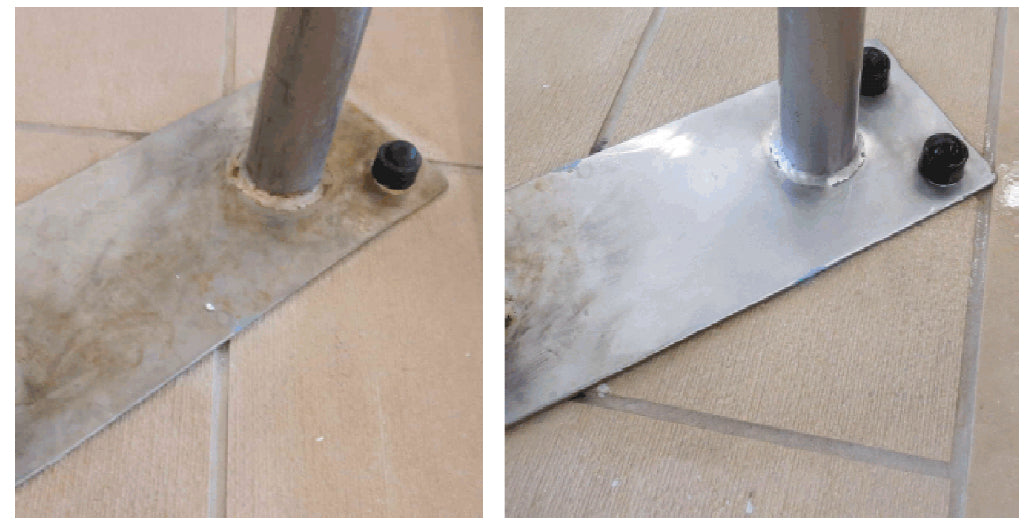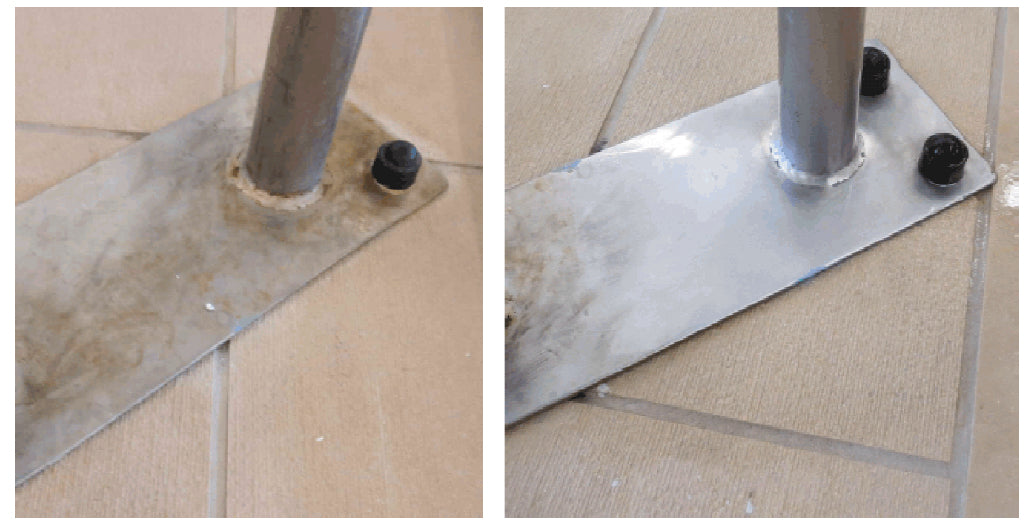Can stainless steel rust?

I have rusted stainless steel, I thought stainless steel couldn't rust?

Yes! Stainless steel can rust. If you are experiencing rust on your 'stainless' steel, you are not alone as we often have customers call us looking for help with that very same issue; rust on their stainless steel.
There are over 150 grades of stainless steel and some are more prone to corrosion than others. Generally, the higher the chromium content, the less likely the steel will rust. However, over time, rust can and will develop on stainless steel. To prevent stainless steel from rusting, you need to passivate it. Passivating stainless steel is a process that allows stainless steel to retain its corrosion resistance.
Factors Affecting Stainless Steel Rust
There are a few factors that can affect the corrosion resistance of stainless steel. The composition of the steel affects corrosion resistance. Even within grades of stainless steel, impurities in the steel can affect the corrosion resistance. The environment is another big factor in stainless steel rust. Environments with chlorine, like swimming pools, are highly corrosive. Salt water environments affect stainless steel, just to a lesser extent than carbon steel. In all environments, properly passivating your stainless steel will prevent it from rusting.
Passivation to Prevent Stainless Steel Rust
Proper stainless steel passivation with Citrisurf will reduce or eliminate corrosion on stainless steel. Citrisurf can be used on clean or already rusted stainless steel.
